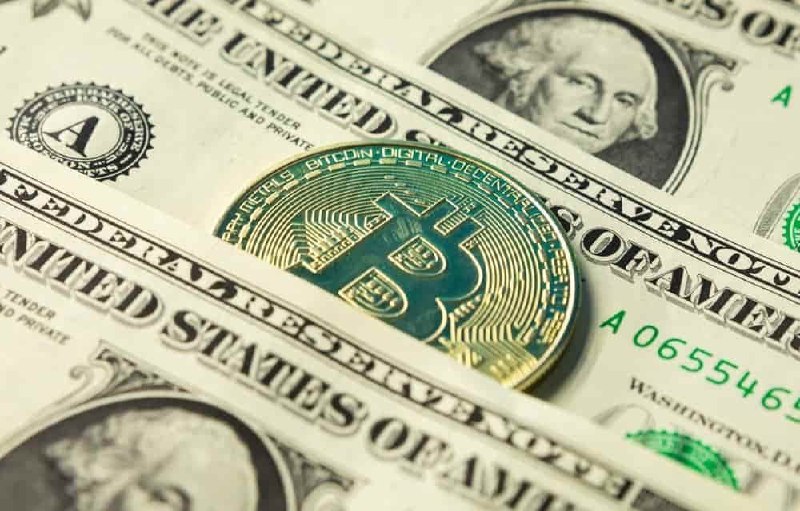Bitcoin vs Inflation: Can Bitcoin Hedge against Inflation?

Bitcoin vs Inflation: Can Bitcoin Hedge against Inflation?
What is inflation?
Inflation refers to the rate at which the general level of prices for goods and services is rising, reducing purchasing power over time. It occurs due to factors such as monetary policy, demand-pull inflation, and cost-push inflation.
About Bitcoin (BTC)
Bitcoin is a decentralized cryptocurrency created in 2009 with a fixed supply cap of 21 million coins. Its proponents argue that its scarcity and adoption make it immune to inflation.
Can Bitcoin hedge against inflation?
Bitcoin's limited supply, decentralization, and store of value properties make it a potential hedge against inflation. However, its volatility and regulatory uncertainties pose challenges.
Bitcoin vs. traditional assets
Compare Bitcoin to traditional assets like gold and government bonds to assess its inflation-hedging effectiveness.
Pros and cons of Bitcoin as an inflation hedge
- Pros: Limited supply, decentralization, potential for high returns.
- Cons: Volatility, regulatory uncertainty, adoption challenges.
Ultimately, whether Bitcoin can effectively hedge against inflation depends on factors like adoption as a store of value and regulatory changes.
This article was prepared using information from open sources in accordance with the principles of Ethical Policy. The editorial team is not responsible for absolute accuracy, as it relies on data from the sources referenced.